Gallery
Photos from events, contest for the best costume, videos from master classes.
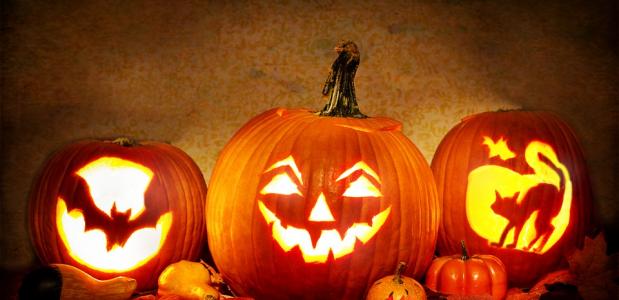


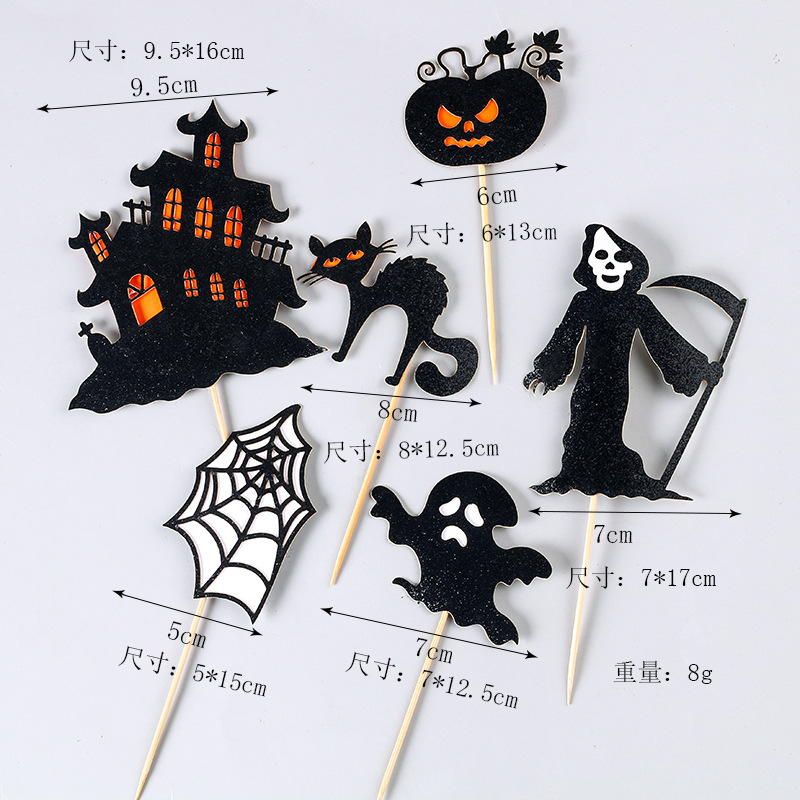

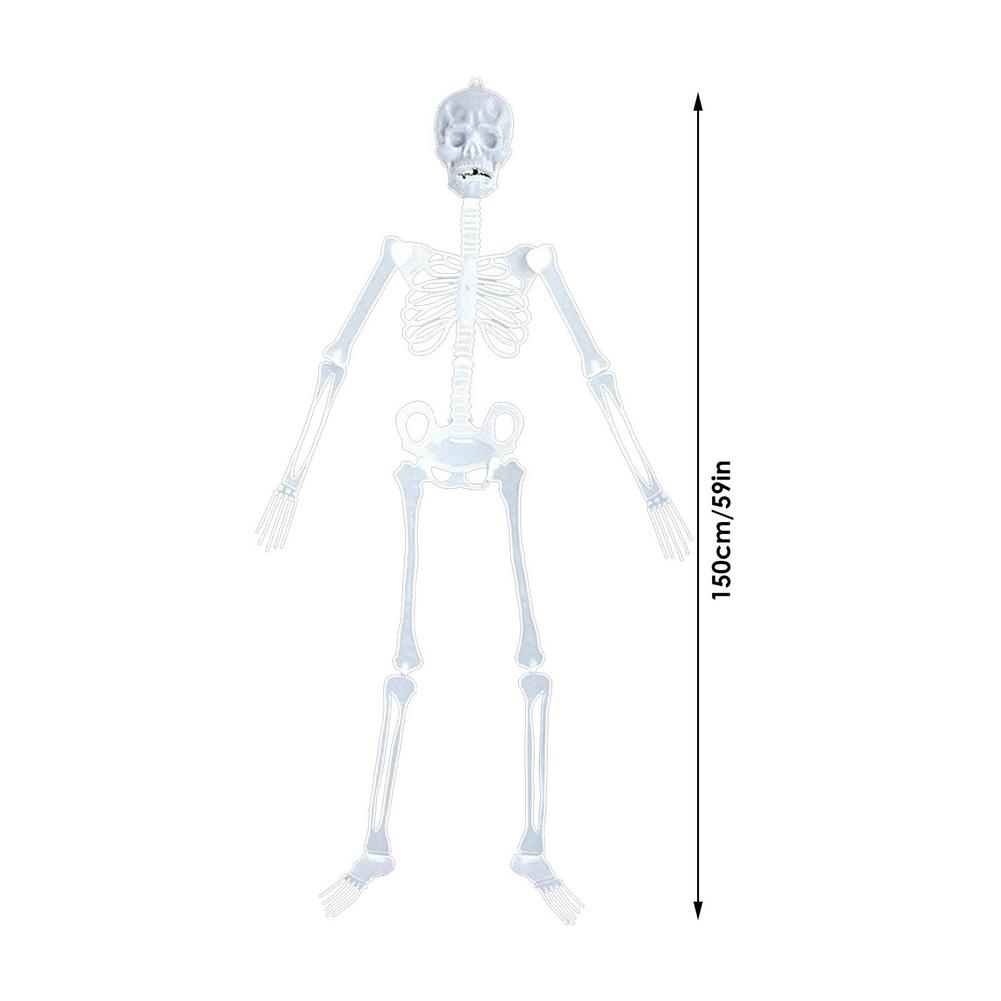
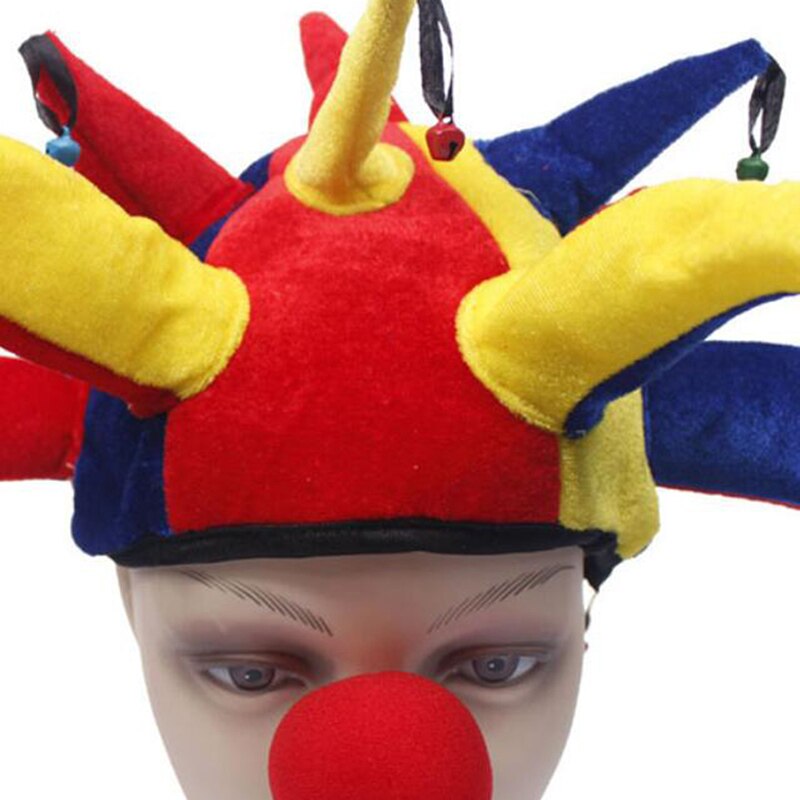


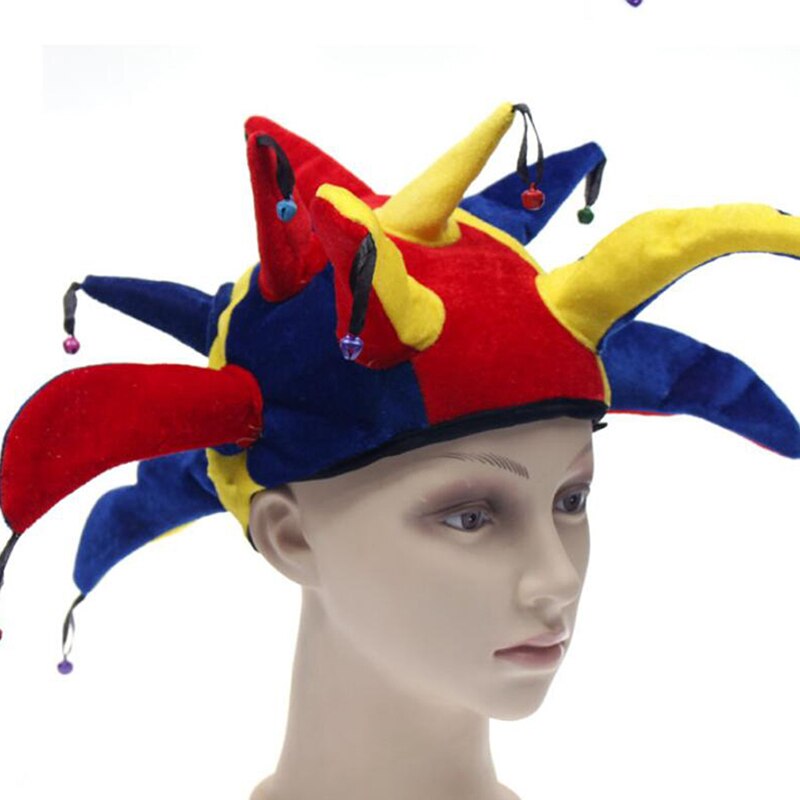
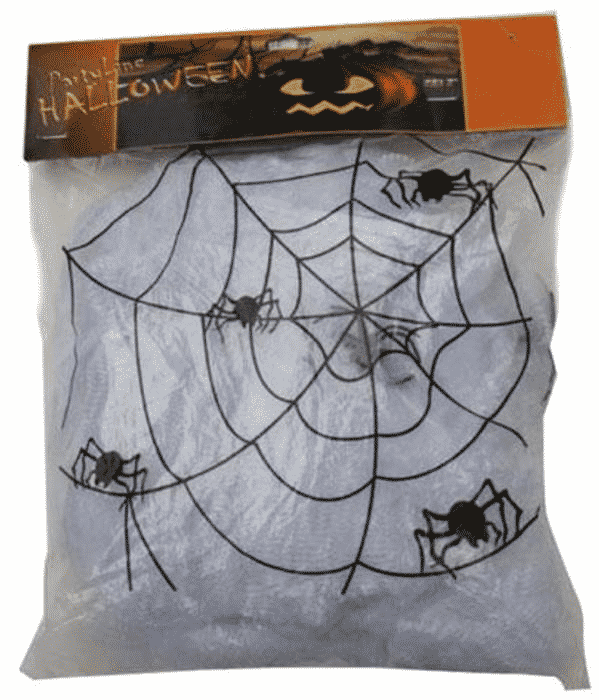

Halloween’s origins date back to the ancient Celtic festival of Samhain (pronounced sow-in). The Celts, who lived 2,000 years ago, mostly in the area that is now Ireland, the United Kingdom and Halloween is een verbastering van All Hallows’ Even, de avond voor Allerheiligen. De naam werd dus zo’n 400 jaar geleden voor het eerst gebruikt, maar de oorsprong van Halloween gaat terug tot rond het begin van de christelijke jaartelling. Samhain. De wortels van Halloween liggen waarschijnlijk bij het Keltische feest Samhain. The name "Halloween," of course, is a contraction of "All Hallow's Eve." That's the eve of All Saints Day, or All Hallows Day, as it was popularly known in Britain. As with Christmas Eve and the Easter vigil, the celebration of All Saints Day began with a service the night before, on All Hallow's Eve. Halloween is among the oldest traditions in the world as it touches on an essential element of the human condition: the relationship between the living and the dead. The observance evolved from ancient rituals marking the transition from summer to winter, thereby associating it with transformation, which is still a central theme of the holiday. Halloween bleek het minder goed te doen in de provincies Groningen, Drenthe, Zeeland en Utrecht. Het (van oorsprong rooms-katholieke ) sint-maartensfeest op 11 november was en is daar belangrijker dan in de rest van Nederland. [ 6 ] Halloween had its origins in the festival of Samhain among the Celts of ancient Britain and Ireland. On the day corresponding to November 1 on contemporary calendars, the new year was believed to begin. That date was considered the beginning of the winter period, the date on which the herds were returned from pasture and land tenures were renewed. Halloween originated with the ancient Celtic festival of Samhain and is now a worldwide event. Learn about the jack‑o‑lantern, trick‑or‑treating, Halloween costumes and more. Celtic Origins. The origins of Halloween can be traced back all the way to the ancient Celtic festival known as Samhain – pronounced ‘sow-in’ in Gaelic language. It was originally an event that marked the end of the harvest season and the beginning of winter in Ireland. The day after, on 1 November, would mark the ancient Celts ’ new year. Halloween also falls less than two weeks before St. Martin's Day, on which German children wander, singing for candy. As a result, Halloween is more a fun adult activity for parties and clubs than a children's holiday. The Philippines. In the Philippines, there is a folk tradition called Pangangaluwa that is observed on October 31. All Hallows' Eve, or Halloween as it is commonly referred, is a global celebration on October 31. It developed from the ancient Celtic ritual of Samhain, which was, in the simplest terms, a festival celebrating the changing of the seasons from light to dark (summer to winter). This would usually take place around November 1. Die Bybel praat nie van Halloween, of Allerheiligeaand, nie. Dit is ’n vakansiedag wat baie mense elke jaar op 31 Oktober vier. Maar die eertydse oorsprong en tradisies van Halloween bots met wat die Bybel leer. In hierdie artikel Halloween se geskiedenis en tradisies Maak dit saak waar Halloween vandaan kom? Hoekom word dit Halloween genoem? Halloween is 'n fees wat sy oorsprong na bewering in die Keltiese Samhain het – tradisionele feesvieringe wat in Ierland se historiese ooste teen die einde van die somer gehou is. Die fees was gelyktyding 'n oesviering wat die einde van die kalenderjaar en die begin van die wintertyd gemarkeer het. Over het ontstaan van Halloween zijn de meningen verdeeld. Er wordt beweerd dat Halloween ruim 2000 jaar geleden is ontstaan. Anderen denken dat het 1000 jaar voor Christus was terwijl weer anderen beweren dat het ontstaan pas 100 voor Christus was. De naam Halloween werd voor het eerst gebruikt in het 16-eeuwse Schotland. Allerheiligen en Halloween een verschillende oorsprong, want Halloween is een Keltische traditie. Bovendien was Allerheiligen een feestdag voor alle heiligen die geen eigen feestdag hadden. In 1770 werd Allerheiligen verplaatst naar de eerste zondag in november en werd het een herdenkingsdag voor christelijke doden. And while Halloween has been celebrated in the U.S. since at least the late 1800s, Morton says it really took off in the 1900s after retailers began mass producing Halloween cards, decorations and Dat het zolang duurde voordat Halloween in Nederland populair werd, komt omdat Allerheiligen van oorsprong een katholiek feest is. Korte geschiedenisles: in de vijftiende eeuw brak de Reformatie los in ons land, een periode waarin het protestantisme het won van het katholicisme. Halloween isn't just costumes and candy; it's a cultural holiday rich in tradition. Subscribe: #Halloween # Halloween vindt zijn oorsprong in het oude Keltische festival Samhain (uitgesproken als "sauwen"). Clodagh Doyle, curator van de afdeling Ierse folklore in h Een dag waarop het griezelen centraal staat is Halloween (jaarlijks op 31 oktober). Dit verhaal verklaart de oorsprong van het feest. Op een nacht ontmoet een Ierse man de duivel die bezit van zijn ziel wil nemen, maar de man is hem elke keer te slim af. Na zijn dood is hij echter welkom in hemel noch hel en is hij gedoemd eeuwig rond te dolen. We're taking a look at the history of Halloween and its origins, as well as the meaning behind Halloween symbols, from jack-o'-lanterns to black cats and fun facts. The modern holiday of Halloween
Articles and news, personal stories, interviews with experts.
Photos from events, contest for the best costume, videos from master classes.











